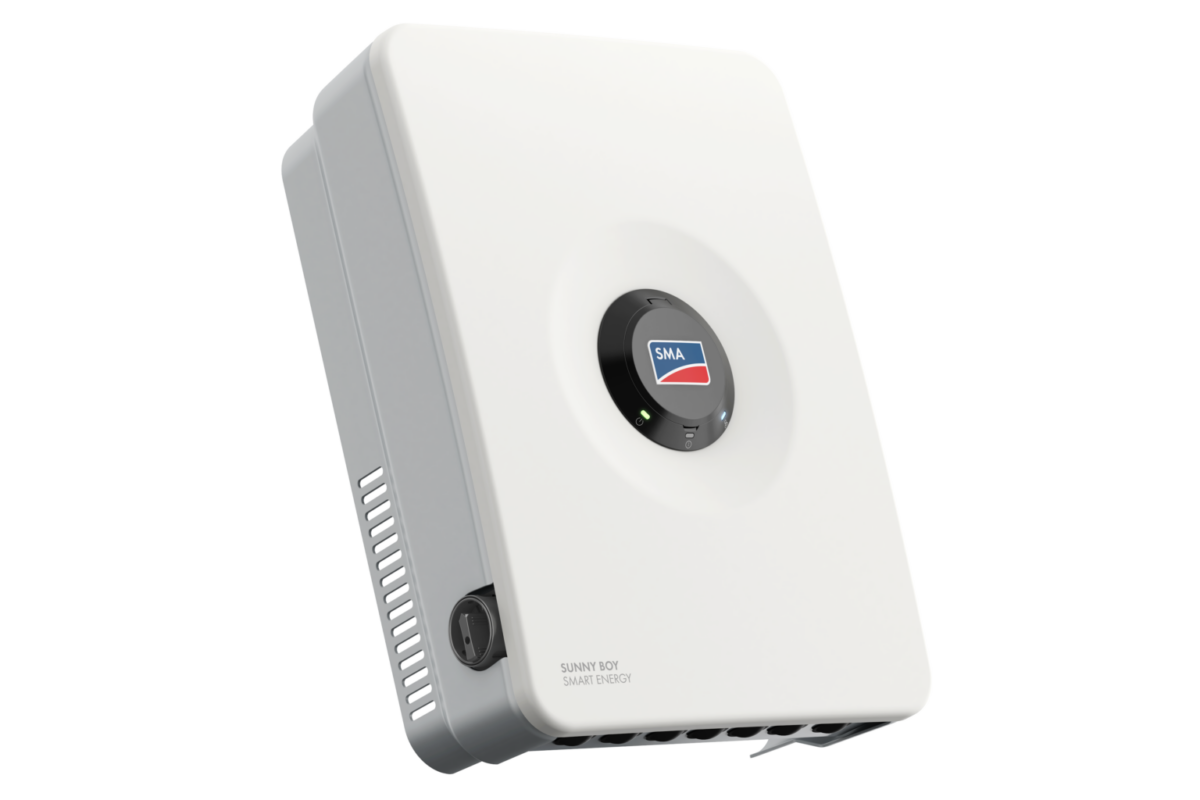Researchers claim to have developed a two-diode model to calculate the I-V curve of partially shaded solar arrays which they say can be applied to any series-parallel string configuration.
Scientists from the University of Malaya, the University of Southampton Malaysia, the Universiti Teknologi Malaysia and Australia’s Swinburne University of Technology have presented their model in the study A fast and accurate generalized analytical approach for PV arrays modeling under partial shading conditions, published in Solar Energy and on the ScienceDirect website.
The academics say their model – which requires only standard test condition parameters for the panels involved and their irradiance levels – can be used to calculate the I–V characteristics of each module and string. “Then, these curves are manipulated to compute the curve of the whole PV array,” the researchers stated.
The two-diode approach is said to incorporate the effect of the blocking and bypass diodes, improving prediction accuracy.
The Malay-Australian group said the analytical equations at the core of their model are fast and can be coded on any development platform. The model, which can be used in a PV-related computer-aided design tool and in commercial PV simulators, is also said to be able to create critical shading patterns for maximum power point tracking (MPPT) algorithm evaluation.
“The proposed analytical approach is swift and can get the results [in] around one-tenth of the time needed by the Simulink model to complete the simulation run,” the researchers said.
This content is protected by copyright and may not be reused. If you want to cooperate with us and would like to reuse some of our content, please contact: editors@pv-magazine.com.




2 comments
By submitting this form you agree to pv magazine using your data for the purposes of publishing your comment.
Your personal data will only be disclosed or otherwise transmitted to third parties for the purposes of spam filtering or if this is necessary for technical maintenance of the website. Any other transfer to third parties will not take place unless this is justified on the basis of applicable data protection regulations or if pv magazine is legally obliged to do so.
You may revoke this consent at any time with effect for the future, in which case your personal data will be deleted immediately. Otherwise, your data will be deleted if pv magazine has processed your request or the purpose of data storage is fulfilled.
Further information on data privacy can be found in our Data Protection Policy.